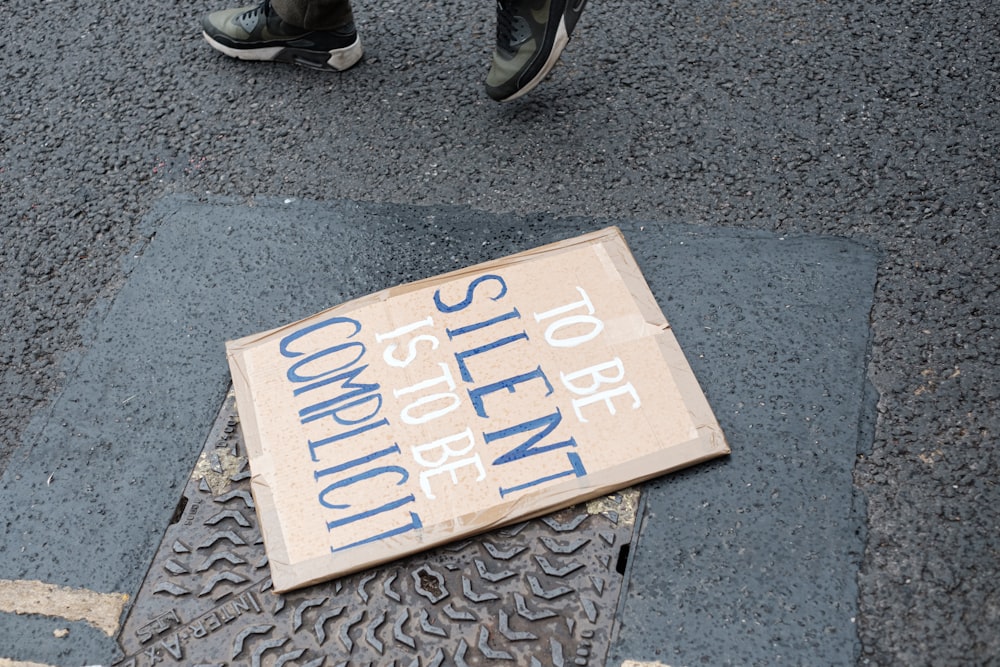In the Catholic Times a Fellow of the Catholic Institute for Peace in Northeast Asia gives us some thoughts on boundaries and connections.
Overseas tourism, which had been limited due to quarantine issues related to the COVID-19 virus, are becoming active. Acquaintances
are visiting Mt. Paektu frequently, and photos of nearby scenery are
being posted on social media once every one to two weeks.
[Paektu
Mountain is the highest mountain in North Korea and Northeast China.
Korea and Manchu people give a mythical quality to the mountain and its
lake and consider the mountain to be their ancestral homeland]
The
routes to climb Mt. Paektu are divided into the eastern route, the
western route, the southern route, and the northern route. Except for
the eastern route, which passes through Samjiyeon in the north, all
routes must be taken through China. So, those who have made the trip are quite proud.
Meanwhile,
there has been some limited opening measures between North Korea and China
following the adjustment of quarantine levels in August 2023, 3 years
and 7 months after the border was closed in January 2020 due to the COVID-19 epidemic.
In
July 2023, Chinese and Russian delegations entered the North to
celebrate North Korea's Victory Day, and on August 16, a North Korean
delegation moved to China via the Yalu River Railroad Bridge to
participate in the World Taekwondo Championships in Kazakhstan. Flight
operations between Pyongyang and Beijing and Pyongyang and Vladivostok
were resumed, and North Korean residents who had been staying in China
and Russia for some time returned to Pyongyang via Air Koryo
airliners.
Of
course, it seems that it will take time to fully open the country, such
as allowing Chinese tourists to enter the country or cargo trucks to
operate. Nevertheless,
he is envious of the official ‘opening of the border’ between North
Korea and China for visits to Paektu Mountain.
Until now, ‘border’ has meant closure and disconnection, and the region has no choice but to be economically underdeveloped. The
border between us and the North is still the same as before, but the
border between the North and China seems to be one of connection,
cooperation, and coexistence rather than closure and disconnection.
Suddenly, he remembers a manuscript he presented at an anti-communist speech contest
when he was in middle school in the early 1980s. “There is an old saying that everything changes in 10 years. However, the 155-mile ceasefire line here, which should have changed four times since liberation, remains the same... "The speaker standing here shouts loudly and powerfully that we must gather our hearts and unify."
Since then, the river and mountain have changed again four times. But our borders are still intact. Moreover, it is no longer a simple border between South and North, but is now the forefront of maritime and continental powers. He wants
to empathize what people who participated in the independence movement, would say when
they see us today. “Can’t we stop now and act differenly?” .” Wouldn’t it be like this.
In the Catholic Times a Fellow of the Catholic Institute for Peace in Northeast Asia gives us some thoughts on boundaries and connections.
Overseas tourism, which had been limited due to quarantine issues related to the COVID-19 virus, are becoming active. Acquaintances
are visiting Mt. Paektu frequently, and photos of nearby scenery are
being posted on social media once every one to two weeks.
[Paektu
Mountain is the highest mountain in North Korea and Northeast China.
Korea and Manchu people give a mythical quality to the mountain and its
lake and consider the mountain to be their ancestral homeland]
The
routes to climb Mt. Paektu are divided into the eastern route, the
western route, the southern route, and the northern route. Except for
the eastern route, which passes through Samjiyeon in the north, all
routes must be taken through China. So, those who have made the trip are quite proud.
Meanwhile,
there has been some limited opening measures between North Korea and China
following the adjustment of quarantine levels in August 2023, 3 years
and 7 months after the border was closed in January 2020 due to the COVID-19 epidemic.
In
July 2023, Chinese and Russian delegations entered the North to
celebrate North Korea's Victory Day, and on August 16, a North Korean
delegation moved to China via the Yalu River Railroad Bridge to
participate in the World Taekwondo Championships in Kazakhstan. Flight
operations between Pyongyang and Beijing and Pyongyang and Vladivostok
were resumed, and North Korean residents who had been staying in China
and Russia for some time returned to Pyongyang via Air Koryo
airliners.
Of
course, it seems that it will take time to fully open the country, such
as allowing Chinese tourists to enter the country or cargo trucks to
operate. Nevertheless,
he is envious of the official ‘opening of the border’ between North
Korea and China for visits to Paektu Mountain.
Until now, ‘border’ has meant closure and disconnection, and the region has no choice but to be economically underdeveloped. The
border between us and the North is still the same as before, but the
border between the North and China seems to be one of connection,
cooperation, and coexistence rather than closure and disconnection.
Suddenly, he remembers a manuscript he presented at an anti-communist speech contest
when he was in middle school in the early 1980s. “There is an old saying that everything changes in 10 years. However, the 155-mile ceasefire line here, which should have changed four times since liberation, remains the same... "The speaker standing here shouts loudly and powerfully that we must gather our hearts and unify."
Since then, the river and mountain have changed again four times. But our borders are still intact. Moreover, it is no longer a simple border between South and North, but is now the forefront of maritime and continental powers. He wants
to empathize what people who participated in the independence movement, would say when
they see us today. "Can’t we stop now and act differently?" "Wouldn’t it be nice to see a change?"






